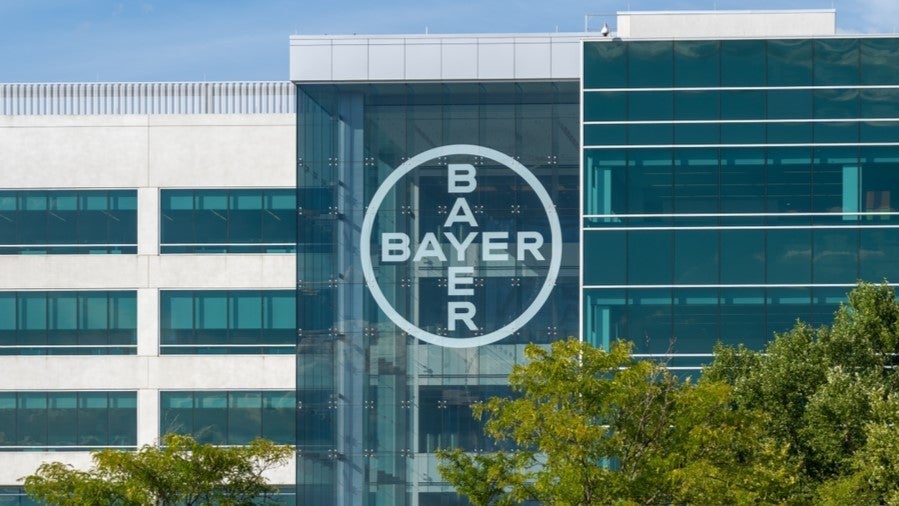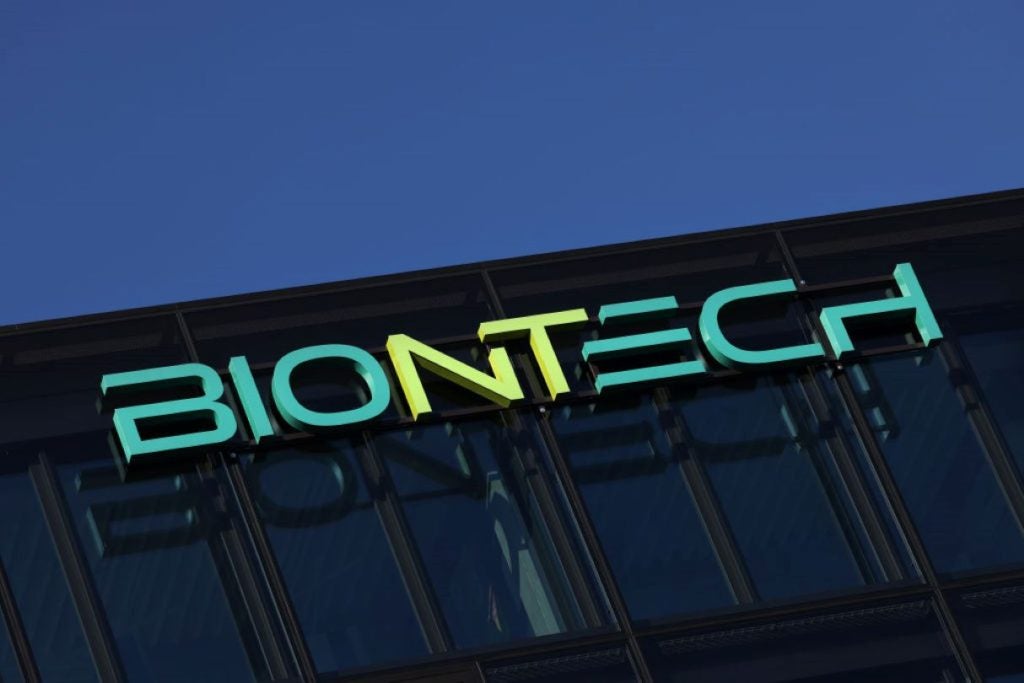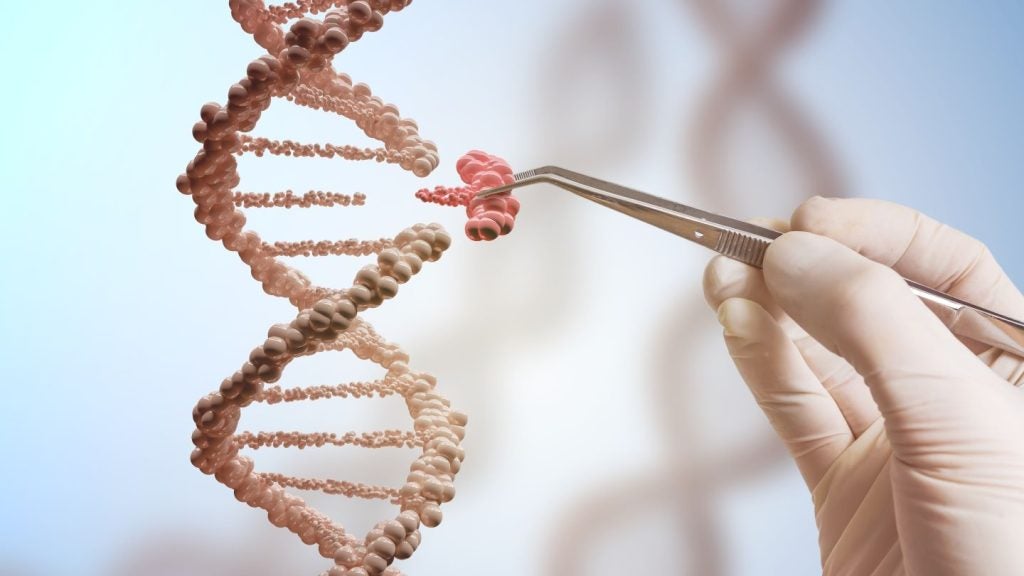Bayer is looking to expand the use of Kerendia (finerenone) beyond type 2 diabetes (T2D), as the therapy showed efficacy in reducing the risk of cardiovascular outcomes in patients with heart failure.
Kerendia’s Phase III FINEARTS-HF trial (NCT04435626) met its composite primary endpoint by reducing the risk of cardiovascular death and heart failure. Bayer plans to submit the data from the study for regulatory approval with the US Food and Drug Administration (FDA).
Kerendia is non-steroidal, selective mineralocorticoid receptor antagonist. In 2021, the FDA approved it for reducing the risk of sustained eGFR decline, end-stage kidney disease, cardiovascular death, non-fatal myocardial infarction, and hospitalisation for heart failure in adult patients with chronic kidney disease associated with T2D.
Per Bayer's financials, Kerendia generated €270m ($295.5m) in sales last year. GlobalData expects the therapy to earn more than $2.1bn in sales by 2030. The growth will be propelled by increased market uptake and label expansion.
GlobalData is the parent company of Pharmaceutical Technology.
The placebo-controlled FINEARTS-HF trial enrolled approximately 6,000 patients with symptomatic heart failure with a left ventricular ejection fraction (LVEF) of ≥40%. The study follows the participants for up to 42 months. The study’s primary endpoint was the composite of cardiovascular death and total heart failure events, defined as hospitalisations for heart failure or urgent heart failure visits (first and recurrent).
Bayer plans to present data from the study at the European Society of Cardiology (ESC) Congress 2024 taking place in London, UK, from 30 August to 2 September.
Last year, Bayer unveiled plans to evaluate Kerendia in patients with heart failure and start three Phase III trials. The three studies include two placebo-controlled, randomised trials evaluating Kerendia monotherapy - REDEFINE-HF (NCT06008197) and FINALITY-HF - and one open-label trial evaluating Kerendia in combination with a sodium-glucose co-transporter-2 (SGLT2) inhibitor.















